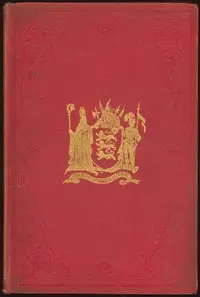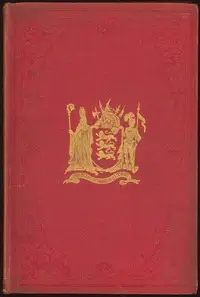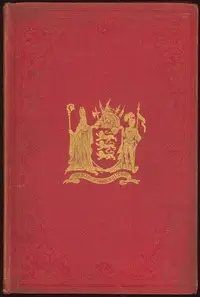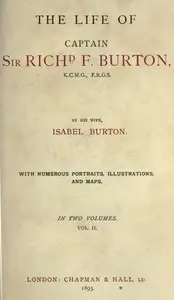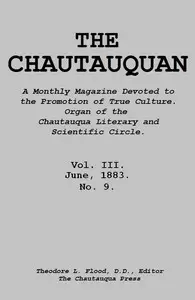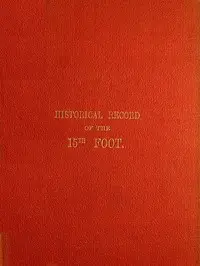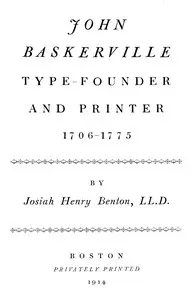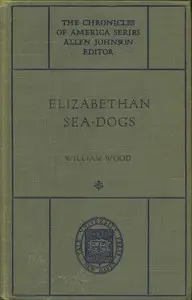"The History of England in Three Volumes, Vol. I., Part C." by David Hume is a historical account written in the late 19th century. This volume specifically covers the period from the rise of Henry VII to the reign of Mary, presenting a detailed exploration of the early Tudor monarchy and its complex political landscape. It delves into the circumstances surrounding Henry VII's ascent to the throne, including the decisive battle of Bosworth, the implications of his reign, and the tumultuous relations between the houses of Lancaster and York. At the start of this volume, Hume outlines the critical moment of Henry VII's victory at the Battle of Bosworth Field, which marks a significant turning point in English history. The narrative begins with Henry's immediate acceptance of the crown after the battle, discussing the legitimacy of his claim to the throne and the political rationale behind consolidating power. As Hume presents the background of civil strife and the intense rivalry within the royal families, the opening portion is rich with political analysis, exploring themes of legitimacy, power dynamics, and the relationships between nobility and monarchy. The beginning establishes a context of conflict, ambition, and the precariousness of royal authority that would define the Tudor era. (This is an automatically generated summary.)
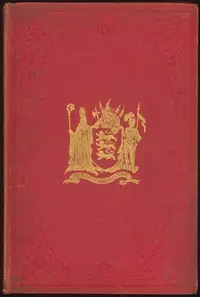
The History of England in Three Volumes, Vol. I., Part C. From Henry VII. to Mary
By David Hume
"The History of England in Three Volumes, Vol. I., Part C." by David Hume is a historical account written in the late 19th century. This volume specif...
David Hume was a Scottish philosopher, historian, economist, and essayist who was best known for his highly influential system of empiricism, philosophical scepticism and metaphysical naturalism. Beginning with A Treatise of Human Nature (1739–40), Hume strove to create a naturalistic science of man that examined the psychological basis of human nature. Hume followed John Locke in rejecting the existence of innate ideas, concluding that all human knowledge derives solely from experience. This places him with Francis Bacon, Thomas Hobbes, John Locke, and George Berkeley as an empiricist.




